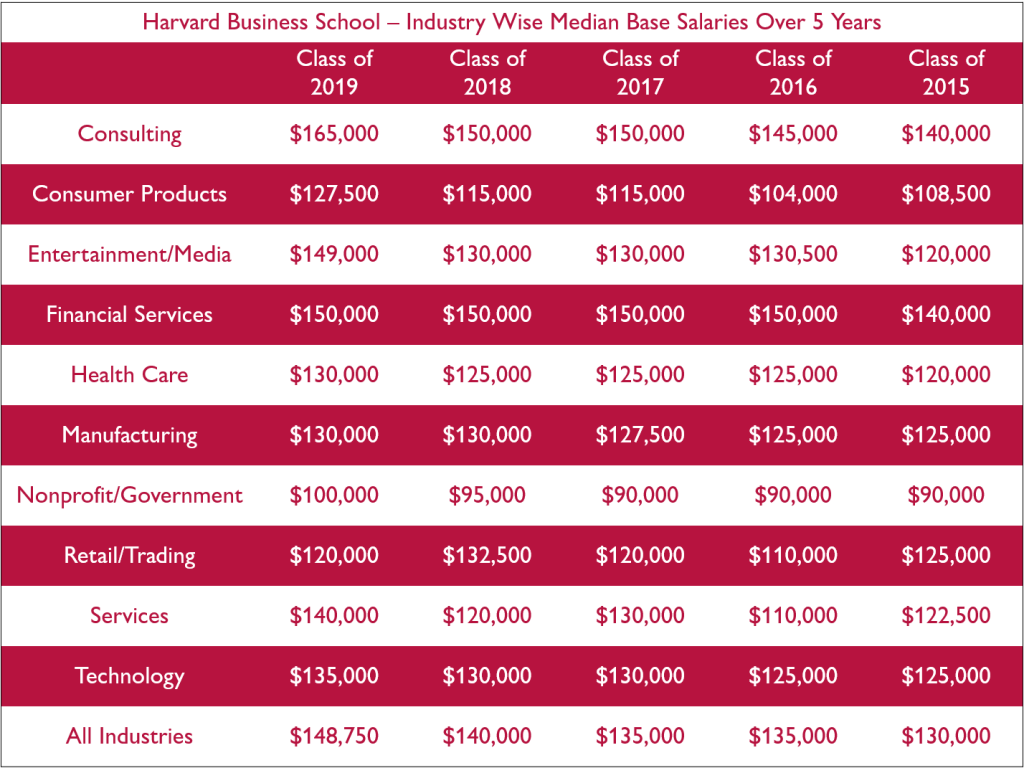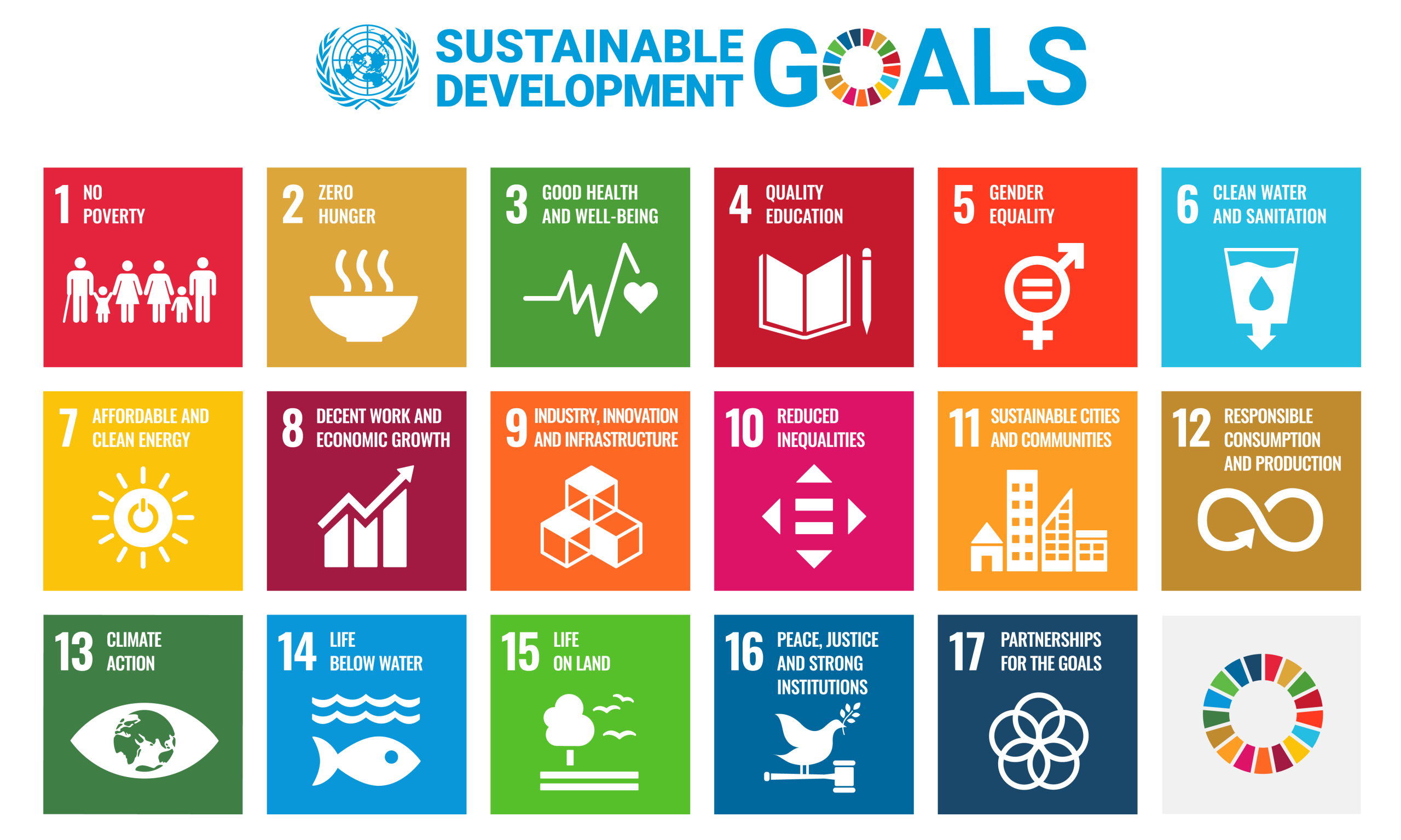Choosing between an MBA or MS abroad is a major decision for Indian students. Both degrees offer unique advantages, but which is better for your career?
This blog compares MS vs MBA for Indian students, covering differences in curriculum, career prospects, ROI, and more. Let’s break down the MBA or MS debate for Indian students!

Difference Between MS and MBA Abroad
| Aspect | MBA (Master of Business Administration) | MS (Master of Science) |
|---|---|---|
| Focus | Management, leadership, business strategy | Technical/scientific fields (e.g., engineering, data science) |
| Eligibility | Often requires prior work experience | Typically does not require work experience |
| Curriculum | Broad, managerial, includes finance, marketing, operations | Specialized, technical, research-oriented |
| Career Path | Prepares for leadership, management, consulting, entrepreneurship | Leads to technical, analytical, or research roles |
| Degree Outcome | Suited for business and executive careers | Suited for technical and academic/professional careers |
Additional Insights:
The MBA curriculum typically includes courses in marketing, finance, operations, and human resources, often with real-world case studies and group projects.
In contrast, MS programs dive deep into a specific subject, such as Artificial Intelligence, Biotechnology, or Financial Engineering, and may require a thesis or research project.
This means that:
While MBA students develop a holistic understanding of business operations,
MS students become subject-matter experts in their chosen field.
Which is Better: MS or MBA for Indians?
| Profile | Recommended Degree | Why |
|---|---|---|
| Engineering Graduates | MS or MBA | MS to deepen technical skills; MBA for transitioning into management |
| Career Changers | MBA | Helps shift into new industries, leadership, or business roles |
| Fresh Graduates | MS | Fewer work experience requirements; strong technical foundation |
| Aspiring Entrepreneurs | MBA | Offers business strategy, networking, and leadership skills |
| Research-Oriented Candidates | MS | Ideal for technical mastery and academic or R&D careers |
| Experienced Professionals | MBA | Builds leadership potential and accelerates career growth |
Tip: Consider your long-term career vision before choosing.
Real-World Example:
If you are a software engineer aiming to become a CTO, an MS in Computer Science can help you master advanced technical skills. Whereas, an MBA can prepare you for executive decision-making and team leadership.
Similarly, someone from a non-technical background, such as commerce or humanities, may find an MBA more suitable for pivoting into business roles.
MBA or MS – Scope in India and Abroad
- MS Scope: High demand in STEM fields, research, and academia.
- MBA Scope: Strong demand in consulting, finance, marketing, and entrepreneurship.
MBA or MS Career Prospects
| Degree | Typical Roles | Industries |
| MS | Data Scientist, Engineer | Tech, Research, Academia |
| MBA | Manager, Consultant, Analyst | Business, Finance, Startups |
Industry Trends
| Aspect | MS Graduates | MBA Graduates |
|---|---|---|
| Global Demand | Growing in AI, Data Analytics, Renewable Energy | High in leadership, strategy, and management roles |
| Demand in India | Sought after by MNCs setting up R&D centers | In demand at startups, consulting firms, and global corporations |
MBA or MS Salary Comparison India
| Category | MS Graduates | MBA Graduates |
|---|---|---|
| Starting Salary (India) | ₹8–15 lakhs per annum | ₹10–25 lakhs per annum (especially from top global schools) |
| Starting Salary (US) | $80,000–$120,000 per year (CS/Data Science) | $120,000+ per year, plus bonuses (from top B-schools) |
| Salary Growth | Depends on role and industry | Often 100%+ increase post-MBA from top US schools |
| Influencing Factors | Institution reputation, field, experience | Prior experience, networking, institution reputation |
MBA or MS Abroad ROI for Indian Students
| Category | MS Graduates | MBA Graduates |
|---|---|---|
| Cost vs ROI | Lower tuition and living cost, moderate ROI | Higher cost, but potentially faster ROI due to higher salaries |
| Scholarships/Support | Assistantships, part-time work, scholarships often available | Scholarships, part-time work, and networking opportunities available |
| Additional Considerations | Consider visa rules, job market, and post-study work options | Strong alumni networks, global mobility, and broader leadership roles |
MBA or MS Abroad: Admission Requirements
| Requirement | MS | MBA |
|---|---|---|
| Educational Background | Bachelor’s degree | Bachelor’s degree |
| Standardized Tests | GRE/GMAT (sometimes optional) | GMAT/GRE |
| Work Experience | Not typically required | 2–5 years usually required |
| English Proficiency | Required (e.g., TOEFL/IELTS) | Required (e.g., TOEFL/IELTS) |
Example: Top MBA programs like Harvard or INSEAD require strong leadership experience, while MS programs focus on academic records.
You Might Also Like: Harvard or Wharton MBA: Which is Better for You?
MBA or MS Abroad: Work Visa
| Aspect | MS Graduates | MBA Graduates |
|---|---|---|
| Eligible Countries | US, Canada, UK, Australia | US, Canada, UK, Australia |
| Work Visa Programs | OPT in US (up to 3 years for STEM), PGWP in Canada, Graduate Route in UK | OPT in US (typically 1 year), PGWP in Canada, Graduate Route in UK |
| Duration | Up to 3 years (for STEM in US); varies by country | 1–2 years typically; varies by country and program |
| Key Advantage | Extended stay for STEM grads; strong support in tech fields | Access to global job markets and leadership roles through post-study work visas |
Make the Right Choice for Your Career
Both MS and MBA abroad offer excellent opportunities for Indian students. The best choice depends on your background, interests, and career goals.
Explore more resources and personalized guidance at Admitix to make an informed decision.
A. An MS focuses on technical or scientific expertise, while an MBA emphasizes business management and leadership skills.
A. Most top MBA programs require 2–5 years of work experience, but some universities offer early-career or fresh graduate MBA options.
A. Both offer strong prospects, but MS is preferred for technical roles, while MBA is valued for management and leadership positions.
A. Yes, many universities and organizations offer scholarships, assistantships, and financial aid for both MS and MBA programs.
A. Assess your background, career goals, and interests. If you want to deepen technical skills, choose MS; if you aim for leadership or business roles, opt for MBA.















